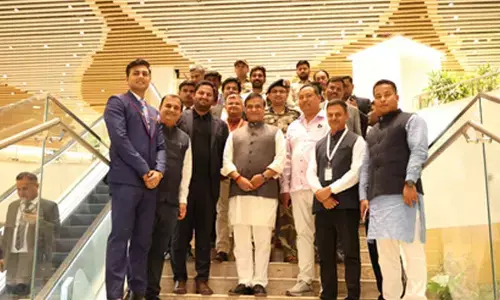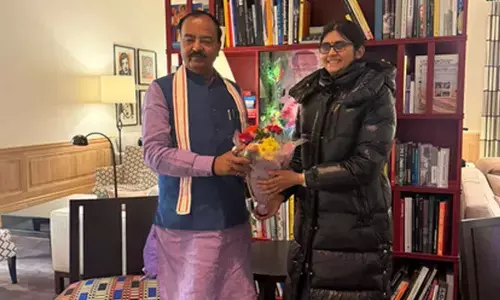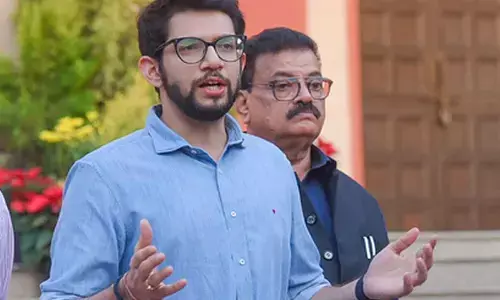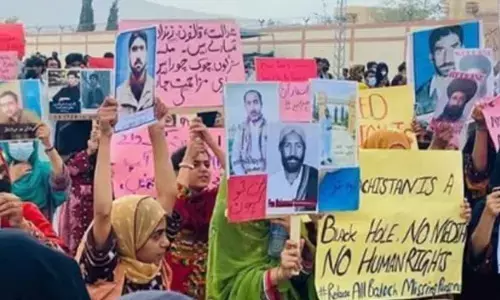Films Which Revealed How Pervasive Discrimination Is
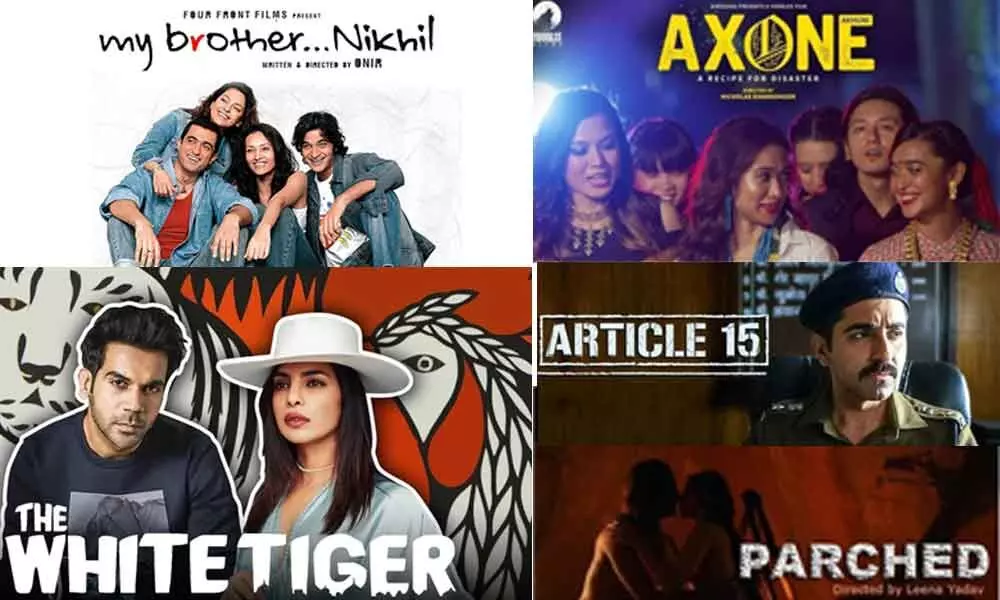
Films Which Revealed How Pervasive Discrimination Is
On March 1, Zero Discrimination Day is celebrated across the world. The day was dedicated by the United Nations and other international organisations to promote equality before law and in practice.
Here is a look at how cinema in recent times has addressed inequities and discrimination in our milieu.
Axone: It is common knowledge that Indian citizens from the Northeast are often bullied with nicknames and have to face insensitive questions about their food habits and even nationality. This Yoodlee production explores how a simple act of trying to cook a Naga dish called 'Axone' in a New Delhi neighbourhood subjects a bunch of young migrants to covert and overt discrimination. Directed by Nicholas Kharkongor, the film uses the smell of an unfamiliar dish as a trigger to expose deep-rooted social and cultural prejudices. Starring Sayani Gupta, Vinay Pathak, Dolly Ahluwalia, Lin Laishram and Adil Hussain, this story finally makes space for protagonists who have never been mainstreamed in our cinema.
The White Tiger : Unchecked privilege can be corrosive and social and economic inequities can often have devastating consequences. 'The White Tiger,' produced by Mukul Deora, and executive produced by Priyanka Chopra Jonas and Ava DuVernay is based on Aravind Adiga's 2008, Booker award winning novel and explores these themes with unsparing insight. Directed by Ramin Bahrani, the film addresses systemic injustices as well as casual caste and class- based cruelties that dehumanise the less privileged amongst us. It also shows disturbingly what can happen when human-beings are pushed too far by poverty, helplessness and discrimination. The film stars Adarsh Gourav in a breakout role, along with Priyanka Chopra and Rajkummar Rao.
Article 15: As various cases of caste-based gender crimes continue to unfold around us, director Anubhav Sinha's wrenching 2019 film, 'Article-15' seems to be even more relevant than ever. Ayushman Khurana plays a crusading police officer trying to solve a dastardly crime against two Dalit girls. As he does so, he is impeded at every step by the failure of the justice system as well as the pervasive social prejudices. The film demonstrates why and how caste-based atrocities often go unaddressed and unaccounted for in India's hinterlands.
Parched: This 2015 Leena Yadav directorial tells the story of four rural women dealing with poverty, gender-based violence and patriarchy. The film showed how practices like child marriage, dowry and marital rape are excused and normalised in a society dominated by male privilege while a widow or a childless woman is branded and cruelly isolated. Tannishtha Chatterjee, Surveen Chawla, Lehar Khan, Sayani Gupta and Radhika Apte star in this tale that pulls no punches as it shows how unequal, vulnerable and undervalued women are in certain milieus.
My Brother Nikhil: Gay relationships have not been mainstreamed in our cinema but this 2005 Onir directorial was a brave attempt to not just normalise same-sex love subtly but to show how discrimination isolated and stigmatised HIV positive people not too long ago. Based on the life of Dominic D'Souza with Sanjay Suri playing him as Nikhil, the film showed how a young man who became Goa's patient zero for the AIDS virus, was forcibly quarantined and also kept in isolation in a tuberculosis ward. This was possibly the first film that also addressed the prejudice and ignorance surrounding the AIDS virus. The highly acclaimed, path-breaking film also starred Juhi Chawla and Purab Kohli.


